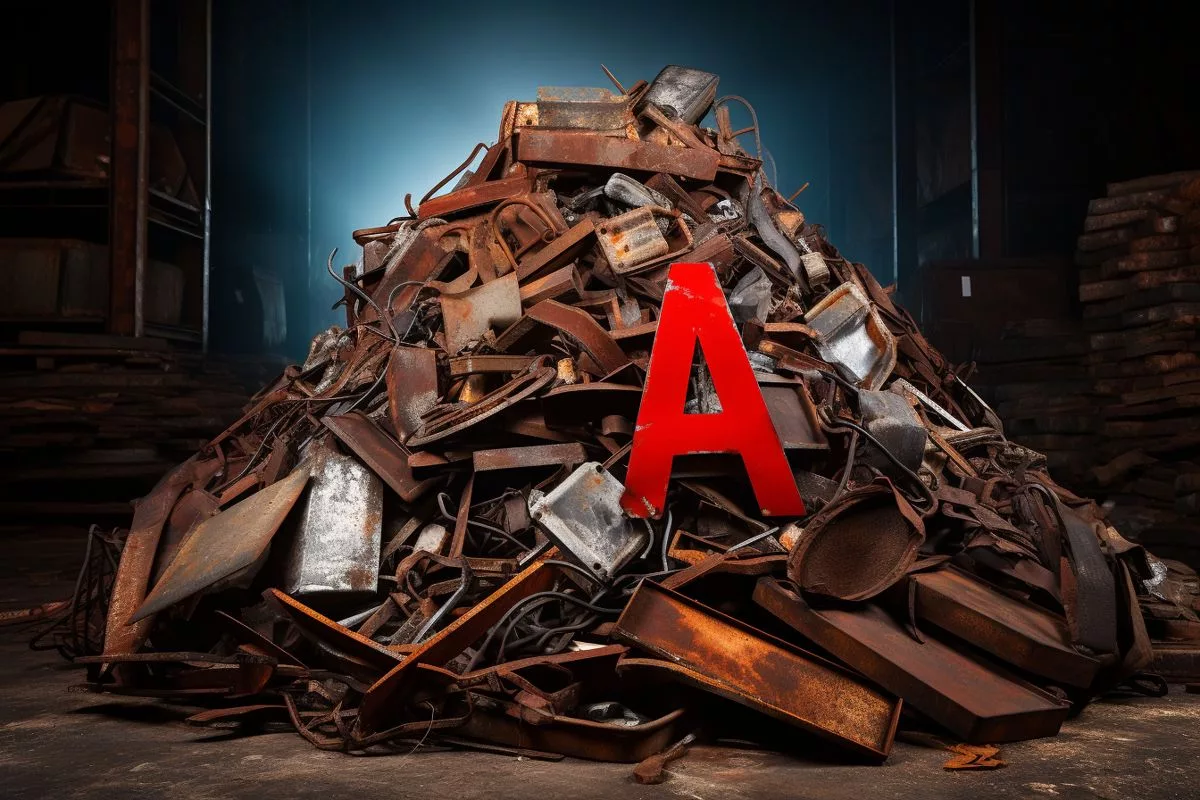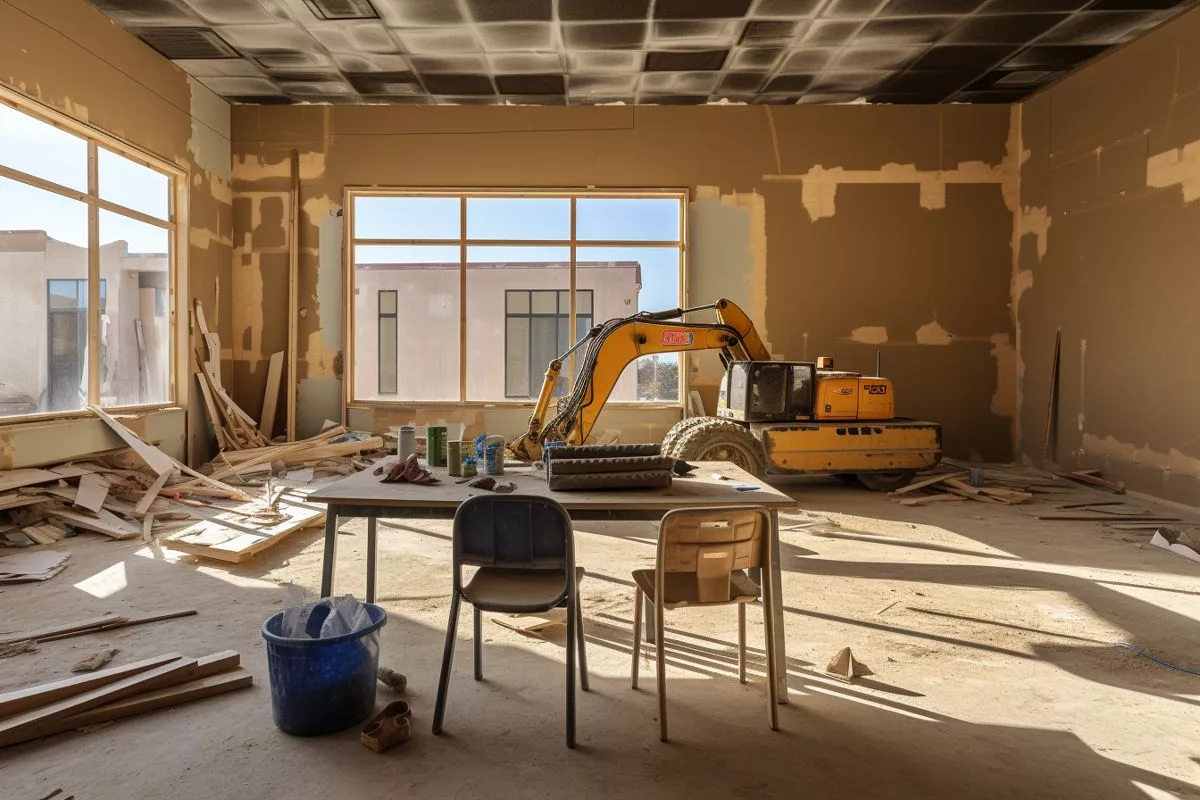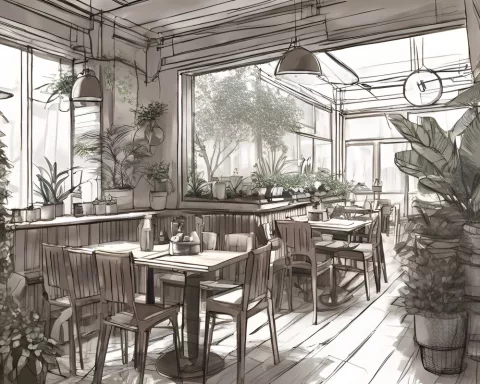The Department of Trade, Industry, and Competition (dtic) has invited public feedback on the Scrap Metals Policy, focusing on four major points including a temporary ban on exporting certain waste and scrap metal, suspension of the Price Preference System, additional restrictions on exporting semi-finished copper products, and a temporary ban on exporting used or second-hand rails. The proposed measures aim to control and oversee trade in metals to prevent damage to the infrastructure and economy. The dtic recognizes the value of public opinions and critique in policy-making and highlights its commitment to transparency, accountability, and public inclusion.
The dtic recently initiated an open discussion by inviting public feedback on the key elements of the Scrap Metals Policy, focusing on four major points of interest. These include the extension of the temporary ban on exporting certain ferrous and non-ferrous waste and scrap metal, the persistent suspension of the Price Preference System, implementing additional restrictions on the export of semi-finished copper products, and a temporary ban on the export of used or second-hand rails.
A Call to Review the Scrap Metals Policy
As an informed critic of South Africa’s industrial sector, it’s hard to overlook the remarkable influence exerted by the Department of Trade, Industry, and Competition (the dtic) in guiding the country’s economic activities. The dtic recently initiated an open discussion by inviting public feedback on the key elements of the Scrap Metals Policy.
The organization’s invitation concentrates on four major points of interest. The initial point revolves around the extension of the temporary ban on exporting certain ferrous and non-ferrous waste and scrap metal. The second aspect is related to the persistent suspension of the Price Preference System, specifically for the same types of waste and scrap metal. The third point deals with implementing additional restrictions on the export of semi-finished copper products. Finally, the dtic is contemplating a temporary ban on the export of used or second-hand rails.
The Background and Objective of the Proposed Measures
These propositions can be traced back to a trade policy directive and notice issued on 15 June 2023. This directive declared a six-month prohibition – from June to December 2023 – on the export of ferrous and non-ferrous waste and scrap metal from South Africa. Concurrently, the International Trade Administration Commission of South Africa (ITAC) chose to put a hold on the Price Preference System for exporting the same types of waste and scrap metal during this period.
These measures are vital components of Phase 1 of the Policy Implementation Actions. The intent behind these actions is to control and oversee the trade in both waste and semi-finished ferrous and non-ferrous metal products. The ultimate aim is to prevent damage to the infrastructure and economy, as detailed in Government Gazette No. 47627.
Inviting Public Participation
The most recent updates on this issue can be accessed in the newly published gazette, available on the dtic’s official website. Those interested in contributing to this discussion can submit their comments to the Director General of the dtic either in person at 77 Meintjies Street, Sunnyside, Pretoria, or via email. As the dtic is steering this conversation, the discussions promise to be productive and enlightening.
In terms of obtaining further information, Bongani Lukhele, the Director of Media Relations at the dtic, and his team are the main points of contact. Lukhele’s contact details – including his phone number, mobile number, WhatsApp, and email – are readily accessible for those seeking additional information or clarification.
Acknowledging the Role of Public Opinions in Policy Making
In a time when the lines between public and private sectors are increasingly indistinct, the dtic’s invitation serves as a noteworthy stride towards inclusive policy-making. By welcoming public opinions and critique, the dtic recognizes the value of a myriad of viewpoints in formulating a policy with nationwide consequences.
The Scrap Metals Policy is an essential tool for the South African government. It offers a foundation to regulate trade, industry, and competition in the metals sector, thereby promoting economic growth and safeguarding national interests. However, such policies need to be dynamic, open to discussion, and capable of evolving – a process that the dtic has recognized and fostered through this invitation.
The transparent dialogue between the dtic and the public sector exemplifies participatory democracy. It highlights the dtic’s dedication to transparency, accountability, and public inclusion. In a wider context, it mirrors the South African government’s commitment to fostering active citizenship and empowering its citizenry to contribute to policy-making.
In conclusion, the dtic’s invitation and the ensuing public discourse signify a significant milestone in South Africa’s regulatory history. It demonstrates the government department’s readiness to involve the public in the decision-making process, thereby reinforcing the democratic ethos in the country. It stands as proof that the strength of a policy is rooted in the collective wisdom of all its stakeholders.
1. What is the Department of Trade, Industry, and Competition (dtic) doing regarding South Africa’s Scrap Metals Policy?
The dtic has invited public feedback on the Scrap Metals Policy, focusing on four major points including a temporary ban on exporting certain waste and scrap metal, suspension of the Price Preference System, additional restrictions on exporting semi-finished copper products, and a temporary ban on exporting used or second-hand rails.
2. What are the main points of interest in the discussion on the Scrap Metals Policy?
The discussion focuses on four major points: extending the temporary ban on exporting certain ferrous and non-ferrous waste and scrap metal, persistent suspension of the Price Preference System, implementing additional restrictions on the export of semi-finished copper products, and a temporary ban on the export of used or second-hand rails.
3. Why are these proposed measures being considered?
These measures are being considered to control and oversee trade in metals to prevent damage to the infrastructure and economy of South Africa.
4. How can the public participate in the discussion?
Those interested in contributing to the discussion can submit their comments to the Director General of the dtic either in person at 77 Meintjies Street, Sunnyside, Pretoria, or via email. Bongani Lukhele, the Director of Media Relations at the dtic, and his team are also available for further information or clarification.
5. Why is public opinion important in policy-making?
The dtic recognizes the value of public opinions and critique in policy-making and highlights its commitment to transparency, accountability, and public inclusion. The transparent dialogue between the dtic and the public sector exemplifies participatory democracy and reinforces the democratic ethos in the country.
6. What is the Scrap Metals Policy and why is it important?
The Scrap Metals Policy is an essential tool for the South African government to regulate trade, industry, and competition in the metals sector, promoting economic growth and safeguarding national interests. The policy needs to be dynamic, open to discussion, and capable of evolving, hence the importance of public participation in the discussion.








